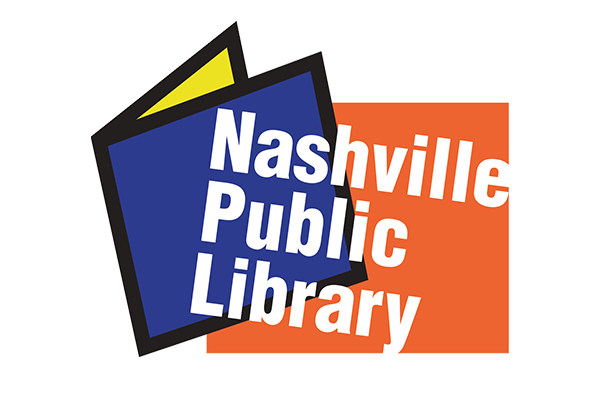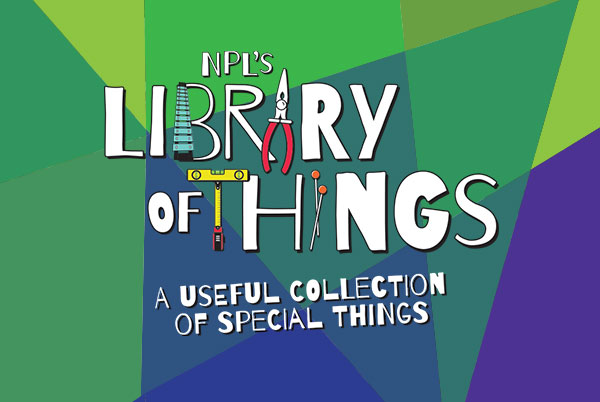
These objects give us glimpses into our past and help us see through to our future. Our collections are vital resources to both researchers and community members. However, even in just the last 10 years, the way we access information has changed drastically. The number of individuals wanting to interact with special collections online has grown exponentially.
Public libraries nationwide are finding creative ways to make their resources available online, too. Nashville Public Library offers a fantastic digital collection, including portions of our Veterans History Project Collection, Civil Rights Collection, Nashville Banner Archive, and many collections from our Metro Archives. One of the challenges to making our collections available online, however, is the inherent uniqueness of them. Digital circulating collections can be made available through many different services that specialize in that one area and have a dedicated staff. But we work with unique materials, which means that anything digital is most likely scanned, cataloged, and processed in house by your friendly neighborhood librarian. It can take several hours to get an item from the shelf to the screen, especially if it has a large amount of text that needs to be searched.
Some libraries are working with the public, to divide and conquer! Take New York Public Library’s Building Inspector. Anyone can access the site and help the librarians outline, label, and classify buildings on historic maps. This makes maps searchable online. It is also helping New York Public Library build an “NYC Space/Time Directory,” or as they are calling it, “a digital time-travel service.”
Not only is this helpful to the library, but it’s kind of addicting! There are many projects to explore. Ancient Lives lets you look at ancient Egyptian papyrus and try to interpret it. The Smithsonian has a project where volunteers have transcribed over 145,000 pages! The National Archives has a whole slew of projects for Citizen Archivists, from tagging, to subtitling, to transcribing.
Thousands of people are contributing to these digitization projects and making historical documents more accessible. There are even websites like Metadata Games and Helping History designed to connect you with a project you will enjoy.
So, does it sounds like fun? Go ahead and try one! Not only will you help a librarian, but you might just learn something.




